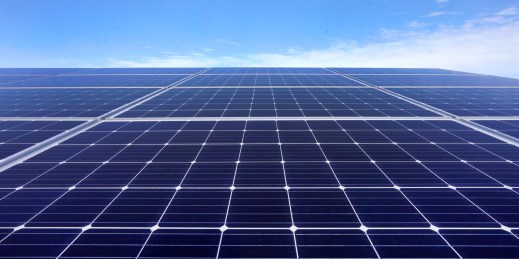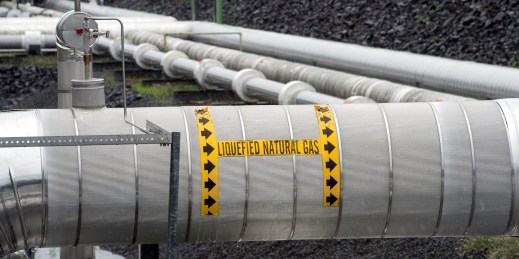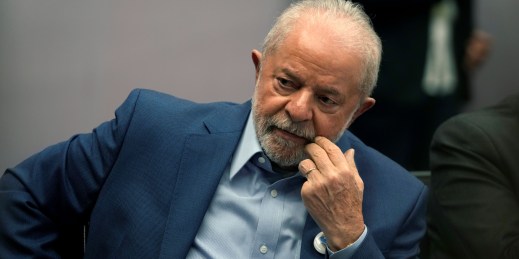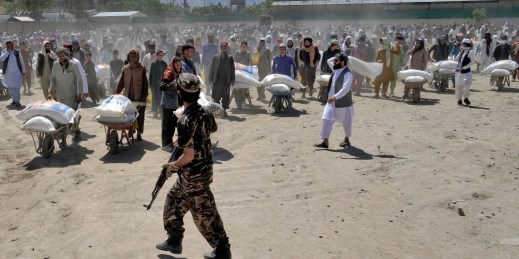
Though the world is still not on track to tackle the climate crisis, politicians, investors and businesses are waking up to the far-reaching transitions, such as clean energy, that are needed to limit the effects of climate change. That transition is accelerating, with important implications for finance, trade and geopolitics.



